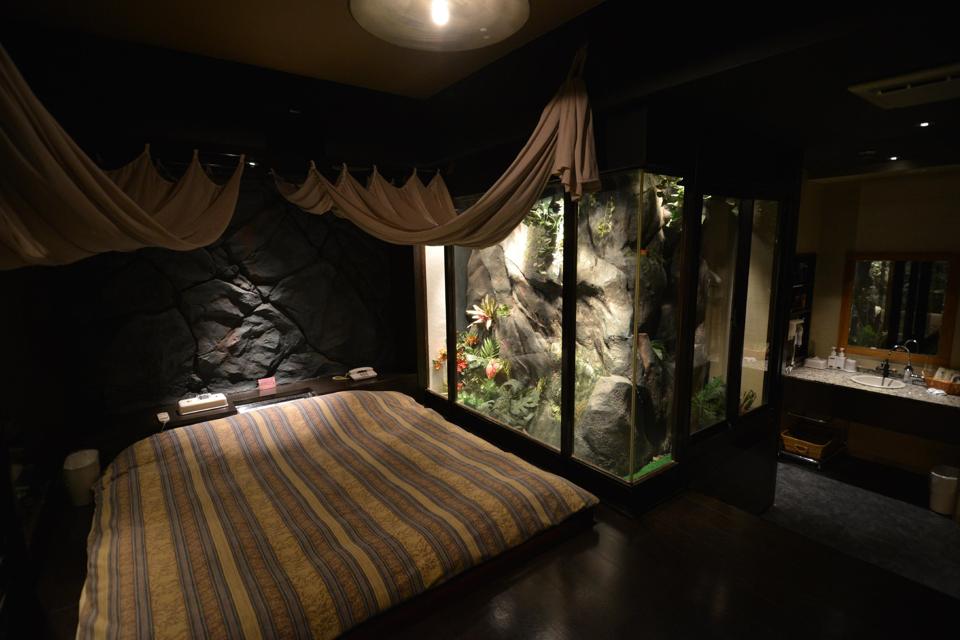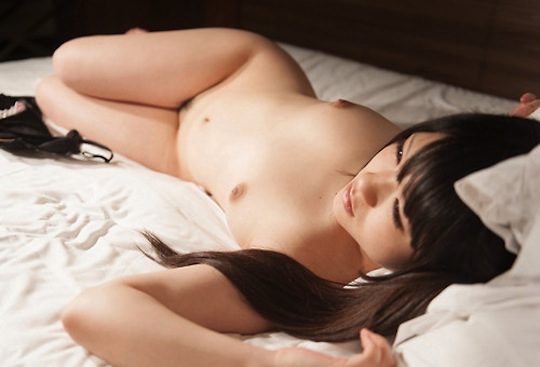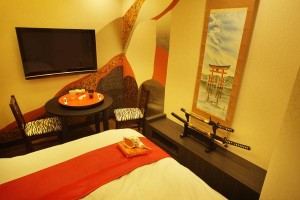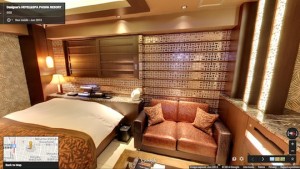Business is booming for Japan’s love hotels
While much of the economy is struggling to find any positive effects from PM Abe’s fiscal policies, and consumers are dreading April and the impending raising of consumption tax, there is at least one industry that seems unaffected by the financial doldrums.
Love hotels are doing big business.
As we know, sex always sells. It doesn’t matter what the crisis is, people will always pay for sex — whether that is with their partner, material for their own private fun, or to hire the services of a professional.

An AFP article has picked up on the love hotel phenomenon as a sign that the Japanese economy is healthier than we might think in certain places.
One weekday lunchtime at Two-Way, one of many love hotels in the lively Tokyo district of Shibuya, only two of the 34 rooms are vacant.
“At this time of day it will be mostly couples having affairs,” said Masakatsu Tsunoda, who has been in the business for 15 years and has owned the place for five. “In the evening it will be mostly younger people.”
Estimates suggest there are up to 30,000 in Japan now, in an industry worth a staggering 4 trillion yen ($40 billion) a year.
More than two decades since the bubble burst, the sector is still in a robust state, “even if it’s not quite as good as it was back then,” laments Tsunoda, who says the rise of the Internet has pushed owners to up their game.
“Previously, couples would just go into the first place they came to on the street, but nowadays they can use their smartphone to compare what’s in the area and take their pick,” he said.
“They’re not only places for people who are unmarried or live separately, but they are places where you can spice up your relationship,” said one love hotel customer.
As usual, the article makes a big song and dance about he special themed love hotels, from Hello Kitty ones to medieval castles and Star Wars rooms.
In the 1970s, owners started experimenting with more exotic forms — castles, fantastical rooms, and rotating beds — and others followed.
Bound by strict rules on tasteful advertising, but unhampered by the kind of planning regulations that are intended to maintain architectural harmony in European cities, extravagant designs with pink turrets or gaudily-painted Cadillacs improbably balanced on roofs loudly announced their presence to passers-by, without ever mentioning sex.
The frothiness of Japan’s 1980s bubble economy, when almost anything seemed possible, lead to an explosion in Love Hotels.

The truth is — and something many foreigners do not realize — the vast majority of love hotels are perfectly ordinary places. They might be a bit more colorful on the outside to stand out and come with some extras in the room (karaoke, a big bath, porn for free viewing), but ultimately they are nothing but a room with a bed for one purpose.
We love the fact that people are going to the trouble to report about love hotels and how integrated they in Japanese society, but we wish they would emphasize the more prosaic aspects. Otherwise it all just becomes the usual Wacky Japan exoticism stuff.
Love hotel guests want “novelties” but these are not (just) crazy themed rooms. Quite the opposite, we would argue that what they want isn’t so kinky. They want genuine facilities more and more — WiFi, nice food, great Jacuzzi and baths, a cool range of porn and things to watch on TV, free drinks, a well-stocked supply of “extras” like vibes or even just snacks. While we spend our lives looking at the real kinkiness of Japan, we also don’t want it reduced to mere kitsch. What’s so special about love hotels is just how normal they are.















